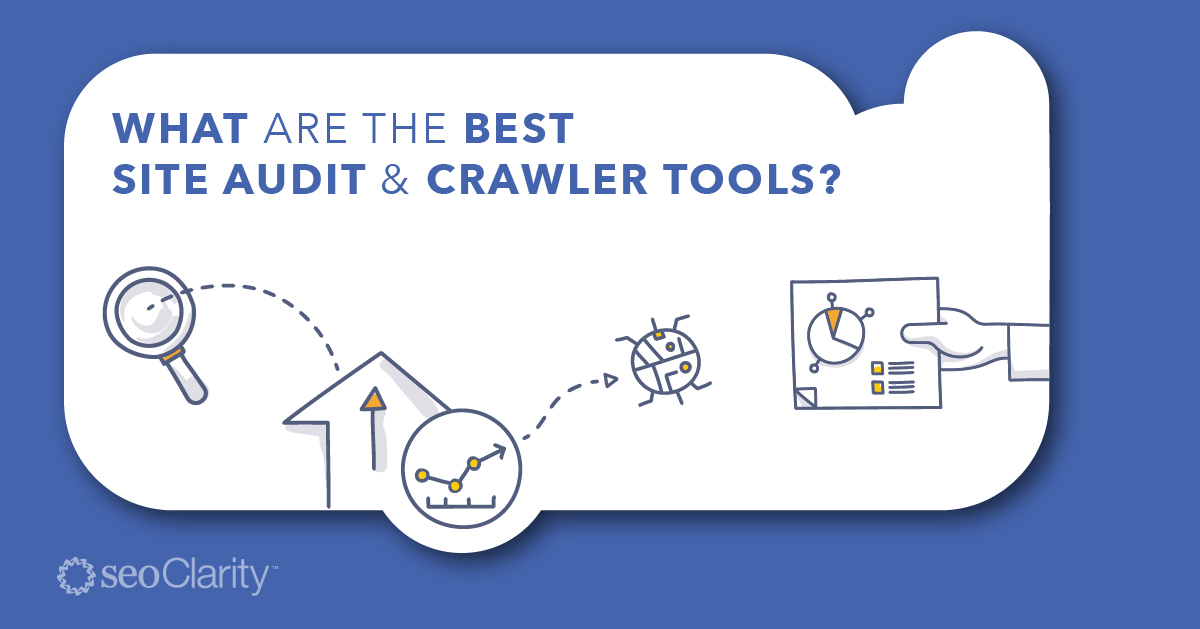
Technical SEO is one of the most important aspects of organic search. If your site doesn’t function properly, users will bounce and search engines may experience difficulty when attempting to crawl and index your content.
Google has launched a major revamp of its Crawler documentation, shrinking the main overview page and splitting content into three new, more focused pages. Although the changelog downplays the changes there is an entirely new section and basically a rewrite of the entire crawler overview page. The additional pages allows Google to increase the information … Read more
What Is Googlebot? Googlebot is the main program Google uses to automatically crawl (or visit) webpages. And discover what’s on them. As Google’s main website crawler, its purpose is to keep Google’s vast database of content, known as the index, up to ****. Because the more current and comprehensive this index is, the better and … Read more
Google quietly added a new bot to their crawler documentation that crawls on behalf of commercial clients of their Vertex AI product. It appears that the new crawler may only crawl sites controlled by the site owners, but the documentation isn’t entirely clear on that point. Vertex AI Agents Google-CloudVertexBot, the new crawler, ingests website … Read more
In a recent episode of the Search Off The Record podcast, it was revealed that Google’s rendering system now pretends to be “idle” to trigger certain JavaScript events and improve webpage rendering. The podcast features Zoe Clifford from Google’s rendering team, who discussed how the company’s web crawlers deal with JavaScript-based sites. This revelation is … Read more
Google updated their Googlebot and crawler documentation to add a range of IPs for bots triggered by users of Google products. The names of the feeds switched which is important for publishers who are whitelisting Google controlled IP addresses. The change will be useful for publishers who want to block scrapers who are using Google’s … Read more

Technical SEO is one of the most important aspects of organic search. If your site doesn’t function properly, users will bounce and search engines may experience difficulty when attempting to crawl and index your content.
Google recently updated the documentation of its Google-Extended web crawler user agent, reflecting changes in product naming and clarifying the impact on search, which may be a concern for those who choose to block the crawler. The updated documentation offers clearer guidance on controlling content access for use in AI model training. Google-Extended User Agent … Read more
Google has updated its managing crawl budget guide documentation to say that the crawl frequency of the Dynamic Search Ad targets. It use to be every 2 weeks, 14 days, and now it is every 3 weeks, 21 days. The specific section that was updated is under the Handle overcrawling of your site (emergencies) section. … Read more
Google has updated its help documentation specific to Google Crawlers and added the Google Safety crawler to the list of special case crawlers. This crawler is not new but Google decided to add it because they “received many questions” over the past year about this crawler. Google Safety’s crawler goes under the full user agent … Read more
Google updated the list of their official crawlers by adding the name and information for a relatively unknown crawler for Google Safety. Although Google added official documentation for this crawler the information provided seems to encourage more clarification. Special Case Crawlers Google has several kinds of crawlers (also known as bots and spiders). The different … Read more